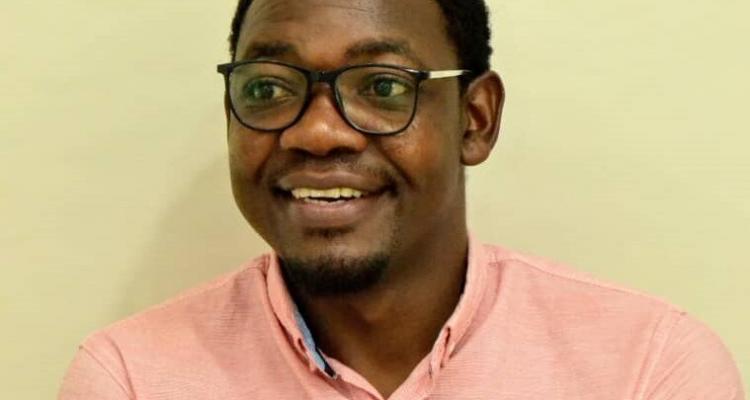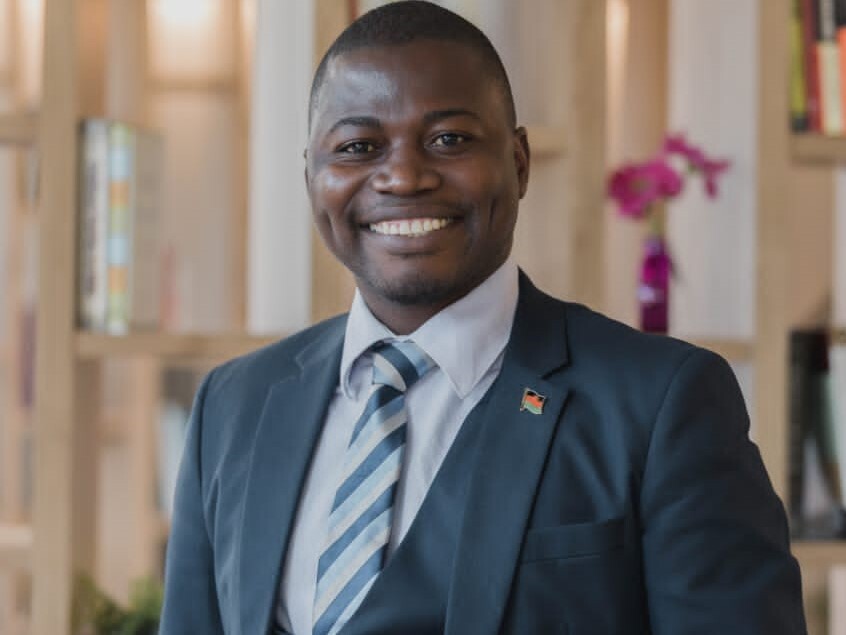
Youth activists in the country say economic inequalities and poverty are some of the factors affecting youth participation in politics and electoral processes.
They said this during virtual panel discussions on inclusive elections organised by Centre for Governance and Leadership (CEGOL) with technical support from the Empowered Elections Program of the International Republican Institute (IRI).
During the discussions, the youth leaders observed that if some socio-political and cultural barriers will not be addressed, then effective youth leadership and participation in politics will remain a far-fetched dream.
Youth and Society executive director, Charles Kajoloweka, lamented that there are many challenges that affect youth participation in politics that have to be addressed.

“We can talk of lack of adequate resources to run effective electoral campaigns, unfavorable electoral system designs, unfavorable political party systems to accommodate youth leadership, hierarchical structures of the society, knowledge gap in politics and cultural beliefs as barriers to youth political participation, there is need to do something,” said Kajoloweka.
Kajoloweka has since commended the Malawi Electoral Commission for considering a 30 percent reduction in nomination fees for youth aspirants.
Speaking on behalf of young women in Politics, UTM’s President for Student Affairs – south, Christian Chikalimba called for youth quotas in political party leadership so that young people including young women have opportunity to get into decision-making hierarchies.
Chikalimba further recommended financing of youth aspirants by political parties including payment of nomination fees so that they can effectively participate in elections and that sexual harassment in politics be dealt with.
“Politicians should also not take advantage of young women joining politics by abusing them in terms of seeking sexual favors which deters them from pursuing politics, there is need to consider paying nomination fees for women too,” lamented Chikalimba.
In his remarks, Chimwemwe Kaonga from the Empowered Elections Program, said constant engagement of the stakeholders and the youth in the electoral cycle is pertinent and that in case of Malawi, it is important to start tackling other issues as soon as possible as time is fast approaching to 2025 tripartite elections.
“It’s important to start tackling topics such as inclusivity ahead of 2025 elections. Issues of legal and practical adjustments may need time to be implemented. Moreover, advances to promote inclusivity requires a consultative process which also requires time,” said Kaonga.
Participants of the discussions were drawn from Malawi, Zambia, Poland and Dominican Republic. Elections expert Alexander Shlyk and Vice Foreign Affairs Minister from the Dominican Republic; Jatzel Roman were amongst the guest speakers.














